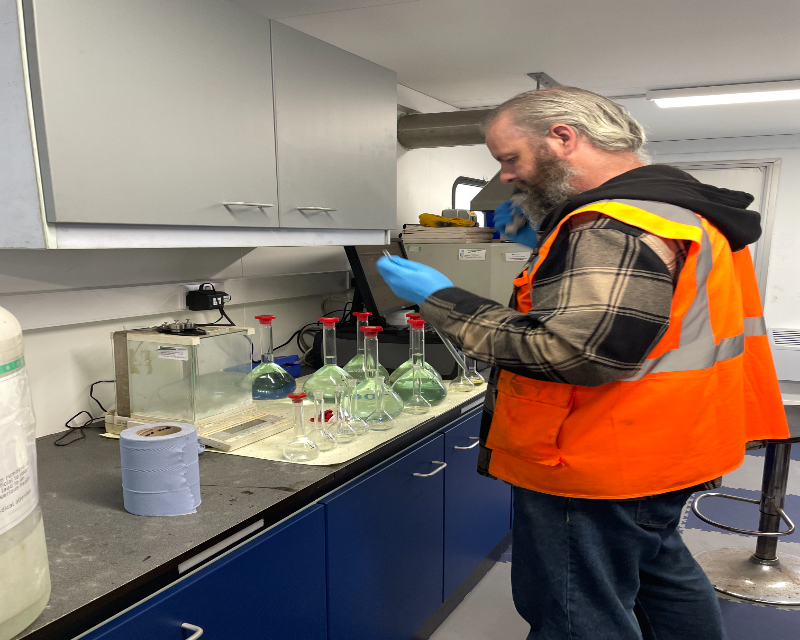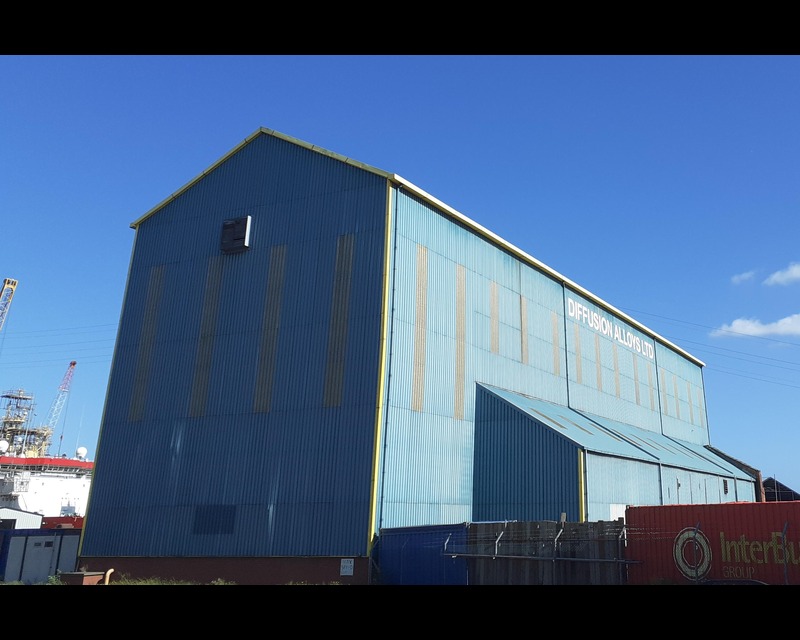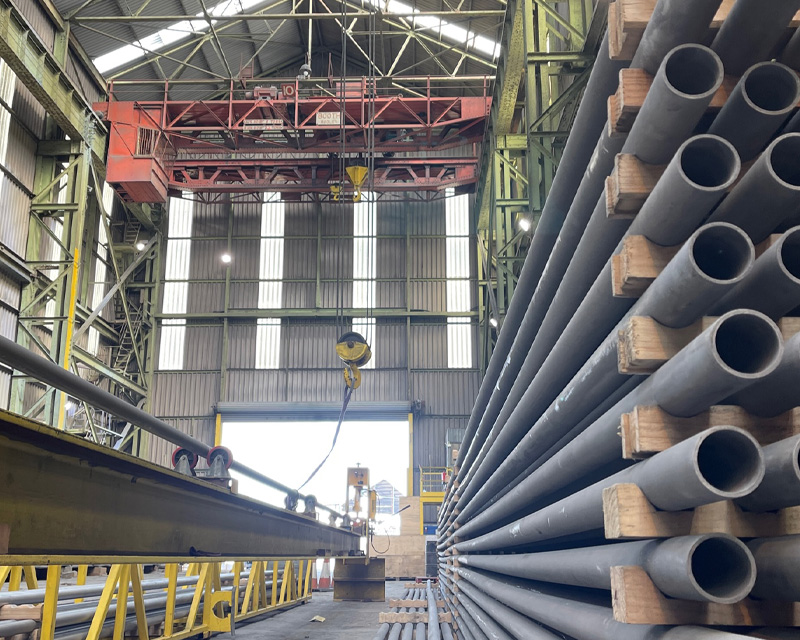
Diffusion Coatings
Diffusion coatings are surface treatments that modify the composition and structure of a metal at the atomic level.
Unlike surface films or applied layers, these coatings become part of the material itself, providing long-term protection without delamination or cracking. They are used across industries where reliability under heat, stress, and chemical exposure is essential, including aerospace, hydrogen production, energy systems, and high-performance manufacturing.
What Is a Diffusion Coating?
A diffusion coating is formed by introducing an alloying element (such as aluminium, chromium, or boron) into the surface of a base metal at elevated temperature. This creates a diffusion zone a gradient where the new element and the base material combine to form stable, protective compounds. The result is a surface that maintains the strength of the underlying metal while gaining specific resistance properties, such as oxidation, carburisation, or wear resistance. Diffusion coatings are typically applied to steels, nickel alloys, cobalt alloys, and specialised engineering materials used in high-temperature and chemically reactive environments.
How Diffusion Coatings Work
The coating process involves three essential stages:
1. Preparation – The component is cleaned and prepared to remove contaminants, ensuring controlled diffusion.
2. Diffusion Reaction – Under heat and controlled atmosphere, atoms of the coating element migrate into the surface of the base metal.
3. Cooling and Finishing – The coated component is cooled, cleaned, and inspected for diffusion depth, hardness, and microstructure.
Unlike sprayed or plated layers, the diffusion bond means there is no distinct coating–substrate boundary. The coating grows into the material rather than sitting on top of it, making it mechanically and thermally stable.
Common Diffusion Coating Types
Each diffusion process is chosen based on the operating environment and material type:
• Aluminising – Forms an aluminium-rich surface that resists oxidation and sulfidation in high-temperature gases.
• Chromising – Introduces chromium to provide resistance against carburisation and metal dusting.
• Boronising – Increases surface hardness and wear resistance through boron diffusion.
• Duplex Coatings – Combine two or more diffusion processes for enhanced, multi-environment protection.
These coatings can be applied internally and externally, making them suitable for components with complex geometries or internal channels.
The Science Behind Diffusion
Diffusion relies on the movement of atoms from regions of high concentration to low concentration under elevated temperature.
In controlled industrial processes, this allows specific elements to penetrate the surface of a part and form metallurgical compounds such as intermetallics or solid solutions.
The performance of a diffusion coating depends on:
• The base alloy composition.
• The diffusing element (Al, Cr, B, Si, etc.).
• The time and temperature of the process.
• The atmosphere or pack composition.
By adjusting these variables, engineers can precisely tailor the coating’s depth, hardness, and chemical resistance to match operational requirements.
Applications of Diffusion Coatings
Diffusion coatings are used in environments where standard protective layers fail due to heat or chemical attack.
Examples include:
• Gas turbines – To prevent oxidation and corrosion of blades and vanes.
• Hydrogen reformers and energy systems – To prevent carburisation and metal dusting.
• Aerospace components – For high-temperature oxidation and wear resistance.
• Power generation and petrochemical plants – For extended service life under corrosive gas flow.
In all cases, the objective is the same: to create a protective surface that outlasts conventional coatings while maintaining dimensional and structural integrity.
Advantages of Diffusion Coatings
• Permanent metallurgical bond — no delamination or peeling.
• High-temperature stability.
• Resistance to oxidation, corrosion, and wear.
• Compatibility with complex geometries and internal surfaces.
• Proven performance in hydrogen, aerospace, and energy sectors.
These properties make diffusion coatings the preferred choice where safety, longevity, and reliability are critical.
Why Choose Diffusion Alloys
Diffusion Alloys has been at the forefront of surface engineering for more than 60 years, pioneering the industrial application of aluminising, chromising, and pack cementation processes. Our technical team works directly with design engineers, materials specialists, and production partners to deliver coatings that meet the precise operational needs of each customer. From small-scale development trials to high-volume production, every coating is controlled, documented, and verified, ensuring confidence in both process and performance.



